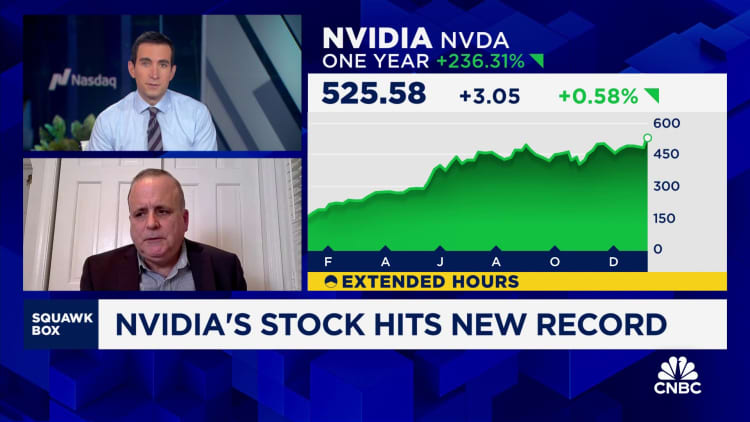Chinese and U.S. flags flutter near The Bund, before U.S. trade delegation meet their Chinese counterparts for talks in Shanghai, China July 30, 2019.
Aly Song | Reuters
BEIJING — China’s Ministry of Commerce said Thursday the U.S. is weaponizing export controls and using them as a tool.
”We are highly concerned about the United States’ direct intervention and interference in the issue of high-tech exports by Dutch companies to China,” spokesperson Shu Jueting said at the ministry’s first press conference in 2024, according to a CNBC translation of her Mandarin-language remarks.
“The United States has instrumentalized and weaponized export control issues,” she said, calling for the Dutch side to “respect the spirit of the contract and support businesses in conducting compliant trade.”
She was responding to a question about ASML, the Netherlands-based company that makes lithography machines that are key to manufacturing advanced semiconductors.
ASML said in a Jan. 1 statement the Dutch government restricted it from exporting some lithography products to China.

The Dutch government last year announced new restrictions on exporting certain equipment for manufacturing advanced chips. The move followed U.S. export controls aimed at limiting the Chinese military’s access to high-end semiconductor technology.
ASML said in the statement that after discussions with the U.S. government, it found the latest U.S. export rules in October cover certain lithography tools.
China “firmly opposes” such moves and will take “necessary measures” to protect Chinese business interests, Shu said.
The ministry last year announced export controls on some metals used in chipmaking.
U.S.-China commerce talks focus on chips
Chinese Commerce Minister Wang Wentao also raised concerns about U.S. chip export controls in a call Thursday with U.S. Commerce Secretary Gina Raimondo, according to the ministry.
Wang “focused on expressing serious concern about U.S. restrictions on third-party exports of lithography machines to China, investigations into the supply chain of legacy chips and sanctions that suppress Chinese companies,” the ministry said in a Chinese-language readout translated by CNBC.
The U.S. Department of Commerce did not immediately respond to a request for comment outside of U.S. business hours.



